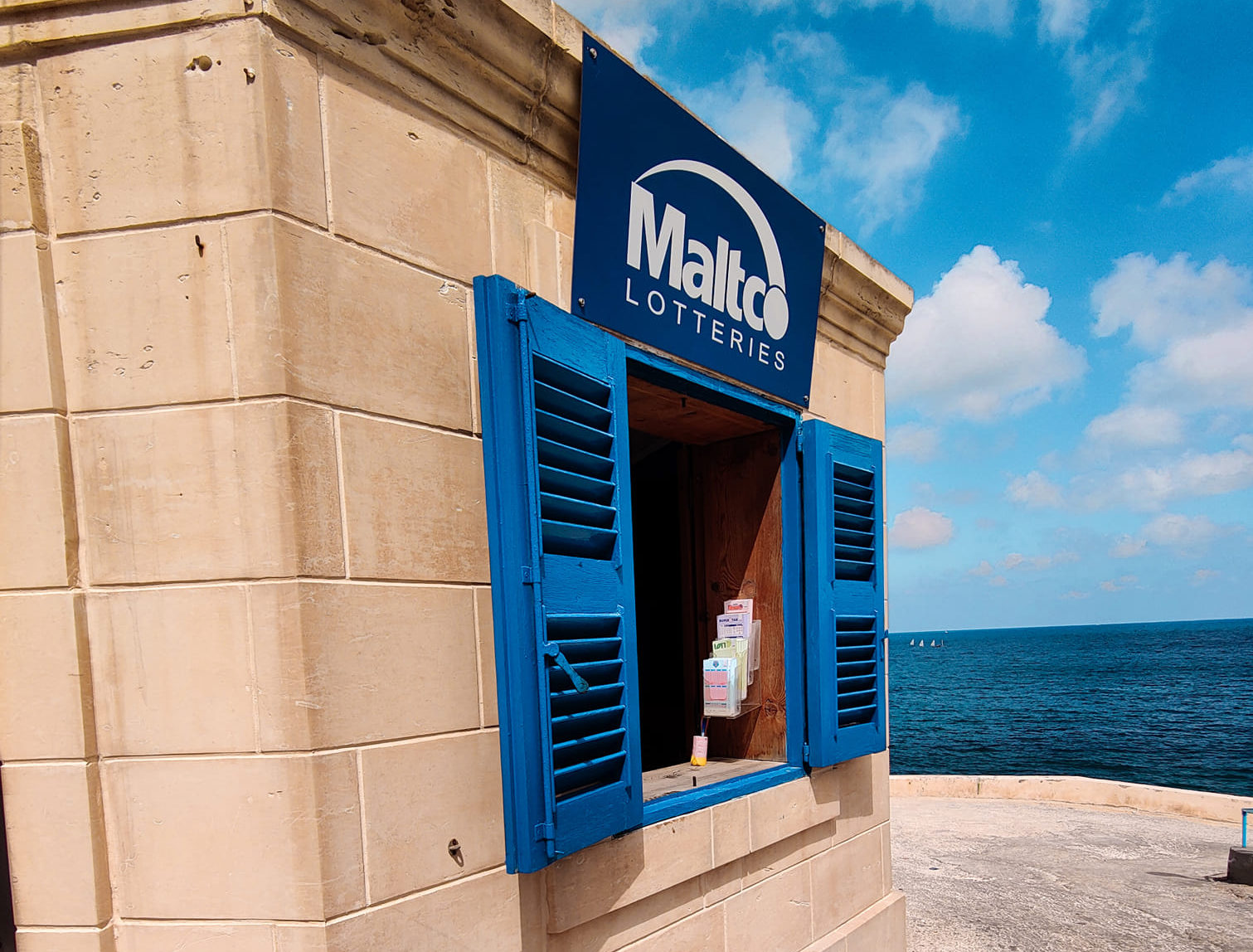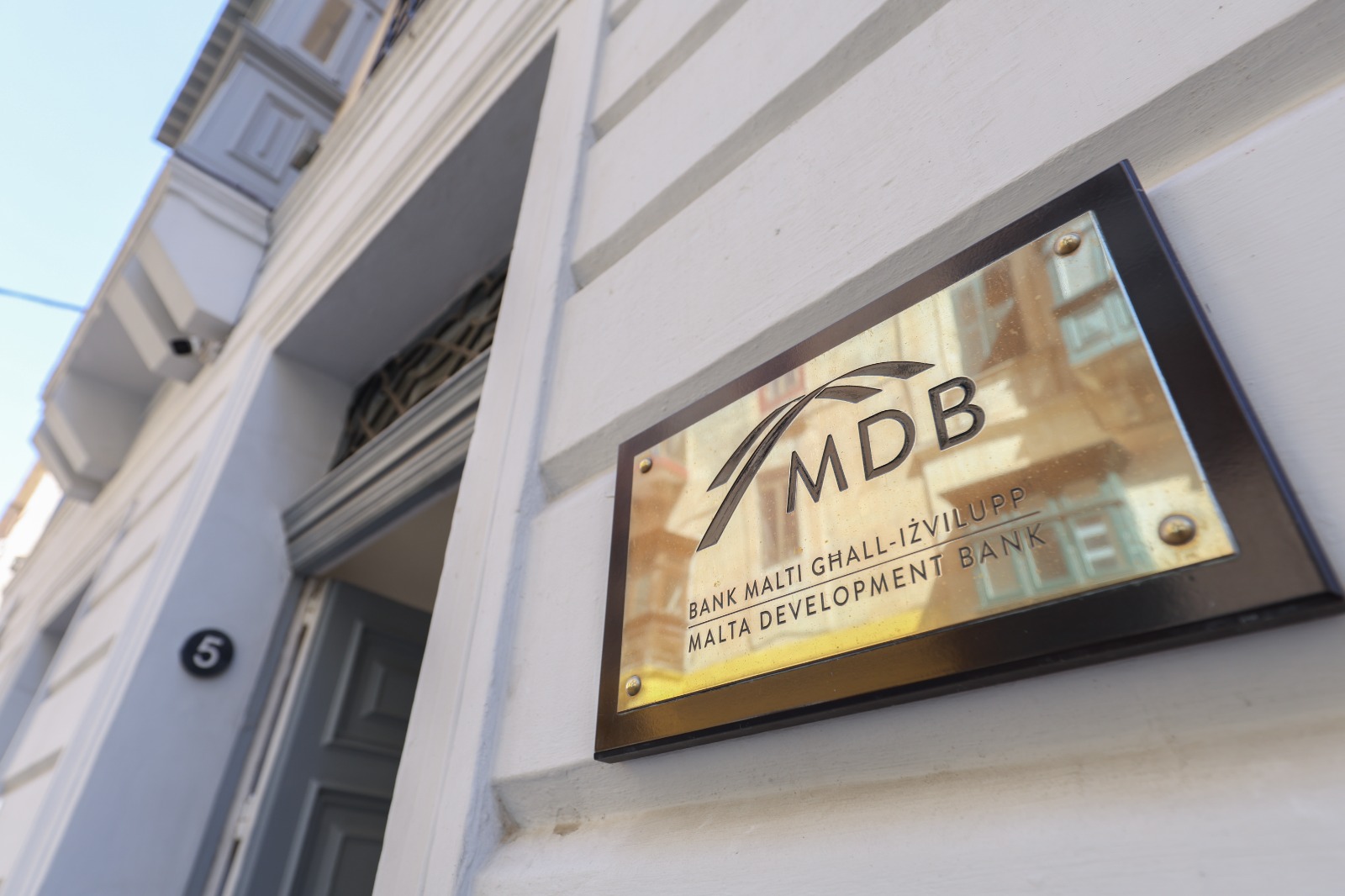Stakeholders in the National Lottery have issued a strongly worded statement warning the Government that they expect a “most serious approach” in the award of the National Lottery concession agreement, saying it must do “everything in its power” to ensure that the sector is not put in “additional bad light”.
In a press release issued on Thursday, the Lotto Receivers Union (LRU) and the Gaming and Lotteries Agents Association (GLAA), both part of the Malta Chamber of SMEs, emphasised, as direct stakeholders in the National Lottery system, how important it is to ensure the highest standards in governance and diligence in the evaluation process that will choose the next concessionaire.
“The last concession lasted 10 years and therefore once the bidder is confirmed a long-term track record is expected,” they said. “The concession is a contract of significant importance, with tens of millions in commitment, and therefore there is no room for error.”
They pointed out that many livelihoods depend on the well-functioning of the concession agreement, with over 210 lotto receivers and sellers, 465 seller assistants, and their families depending on this concession.
“Lotto agents have been present since the very beginning of the process, when the National Lottery was still directly run by the then Public Lotto,” they said, “well before it was issued in the form of a concession.”
The National Lottery was first developed as a state entity in the 1960s, but was privatised in 2004, with the concession being awarded to Maltco Lotteries Limited, which formed with 73 per cent of shares being held by the Greek lottery operator Intralot.
The first concession was for a period of seven years, which was extended by one year before being re-awarded to Maltco for another period of 10 years.
With the concession due to expire on 4th July 2022, the Government’s Privatisation Unit issued a Request for Proposals (RfP) in the beginning of August. Prospective bidders were due to register their interest by 26th September, with submissions accepted up to 8th October.
On Wednesday, it was claimed that Gibraltar-based operator Lottoland has been in talks with Maltco over the possibility of a joint bid.
However, alarms were raised about Lottoland’s compliance breaches, with the company subject to several fines by multiple regulatory authorities.
In comments made to BusinessNow.mt, Lotto Receivers Union president Marco Rossi says that the inclusion of a company with “a heavy shadow” has a direct impact on the owners of lotto offices.
“If those claims are correct,” he says, “we would not be happy to have anything to do with an entity with such a reputation in various jurisdictions.”
He says that, whoever the operator is, they will have over 600 individuals and their families dependent on their operations without having a stake or say in them.
“So it’s very important that the company that takes over is a serious one, with a good and reputable track record. We issued this statement because we want to make it clear that we do not want to work with someone who either is or could be found to be guilty of malpractice.”
The LRU and GLAA have already contributed to the sector’s continued success through their suggestion, which was taken up, that the RfP contains clauses to ensure the bidder’s “seriousness”.
In fact, the RfP stipulates that any bidder must present evidence of their experience running three state lotteries in the European Union or European Economic Area, already have at least 300 employees in the European gaming industry, and have a gaming-related turnover of at least €300 million in at least one of the preceding three years.
Mr Rossi explains that running a lotto office is “not like running a regular shop”, saying that opening a simple bank account takes months, with the industry subject to very stringent anti-money laundering regulations.
The statement issued by the lobbies said that in Malta’s situation, the country does not afford mistakes and the life of businesses has already become overly difficult due to the impact of the FATF greylisting and the AML requirements.
“The government must do everything in its power to ensure that the sector is not overshadowed by additional bad light and that choices are based on a healthy functioning sector,” it read.
Mr Rossi added: “We shouldn’t suffer because of the bad decisions that could be taken from above.”
Featured Image:
Malta Development Bank unlocks major EU funding opportunities via InvestEU
To be recognised as an InvestEU partner, national promotional banks must pass a strict independent audit
Building commercial engines that scale: TRC partners with Kevin Borg
The Remarkable Collective announces a strategic partnership with Kevin Borg to strengthen commercial growth delivery
TradeMalta’s digital platform is empowering businesses to grow beyond borders
The website is continuously improved to remain relevant in a rapidly evolving trade environment






